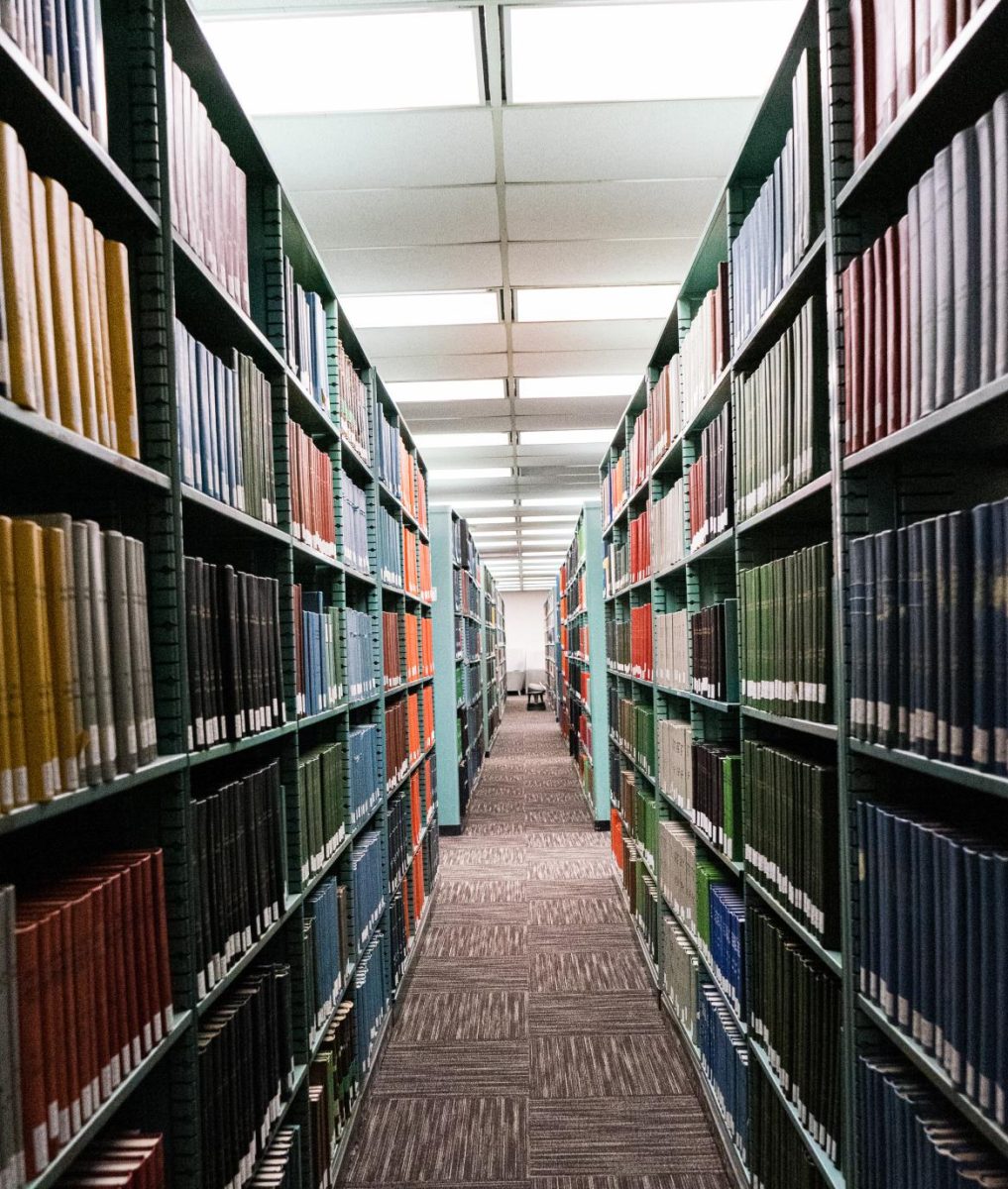PNW’s top librarian worries about book bans sweeping the nation and urges students to get involved in efforts to challenge censorship.
Many states have passed laws permitting schools to ban books deemed controversial by parents. As a result, the number of public school book bans has expanded drastically since the 2021-22 school year, according to PEN America, an organization devoted to protecting the freedom to publish.
As of last spring, the American Library Association reports that 2,571 unique titles were banned or challenged.
“These bans are reactionary, most in bad faith under the guise of protecting children,” said Joseph Coates, the university’s reference librarian manager. “I would recommend that every student go and get a library card … [and] support the freedom of speech before it is taken away from you.”
Coates acknowledges that parents have a right to influence what their children see but worries about outright bans.
“While there is nothing wrong with questioning materials, the new book bans are politically motivated to rile up a voting base,” he said. “What these people who are participating in these book bans fail to realize. … [is the ban’s aim] either to rewrite history or to make the U.S. look better on issues such as slavery, colonization and civil rights, or to protect ‘white culture’.”
Some students feel strongly about the issue.
“We live in a country that grants us the rights of expression and speech,” said Brianca Sutton, a senior Nursing student. “The banning of books contradicts those freedoms.”
David Gonzalez, a sophomore Biology major, agrees.
“Hitler’s memoir can be very controversial, and some people can take it to heart,” he said. “But if we ban that, we would be restricting our history and how are we supposed to learn without our history.”
Lyndell Strickland, senior Computer Engineering major, understands that parents might be concerned about what their children see, but feels strongly that they don’t have a right to prevent everyone from seeing those books.
“Everyone has their own views, [but] no one person should be able to determine what someone else finds interesting or relevant,” he said. “No, that’s not fair.”
But are there times when books should legitimately be banned?
“That’s a slippery slope,” said Brianca Sutton, a senior Nursing student. “I think books should promote self-expression and individual growth. However, I draw the line on books that promote hate, contribute to destruction, or are anti-society.”
Orlando Ortega, senior History major, agreed that some books may be too dangerous.
“Books that pose a proven or genuine threat or inspire general harm should be monitored if not banned,” he said. “For example, manuals on constructing bombs or Molotov cocktails.”
Katelyn Wiening contributed to this article.


